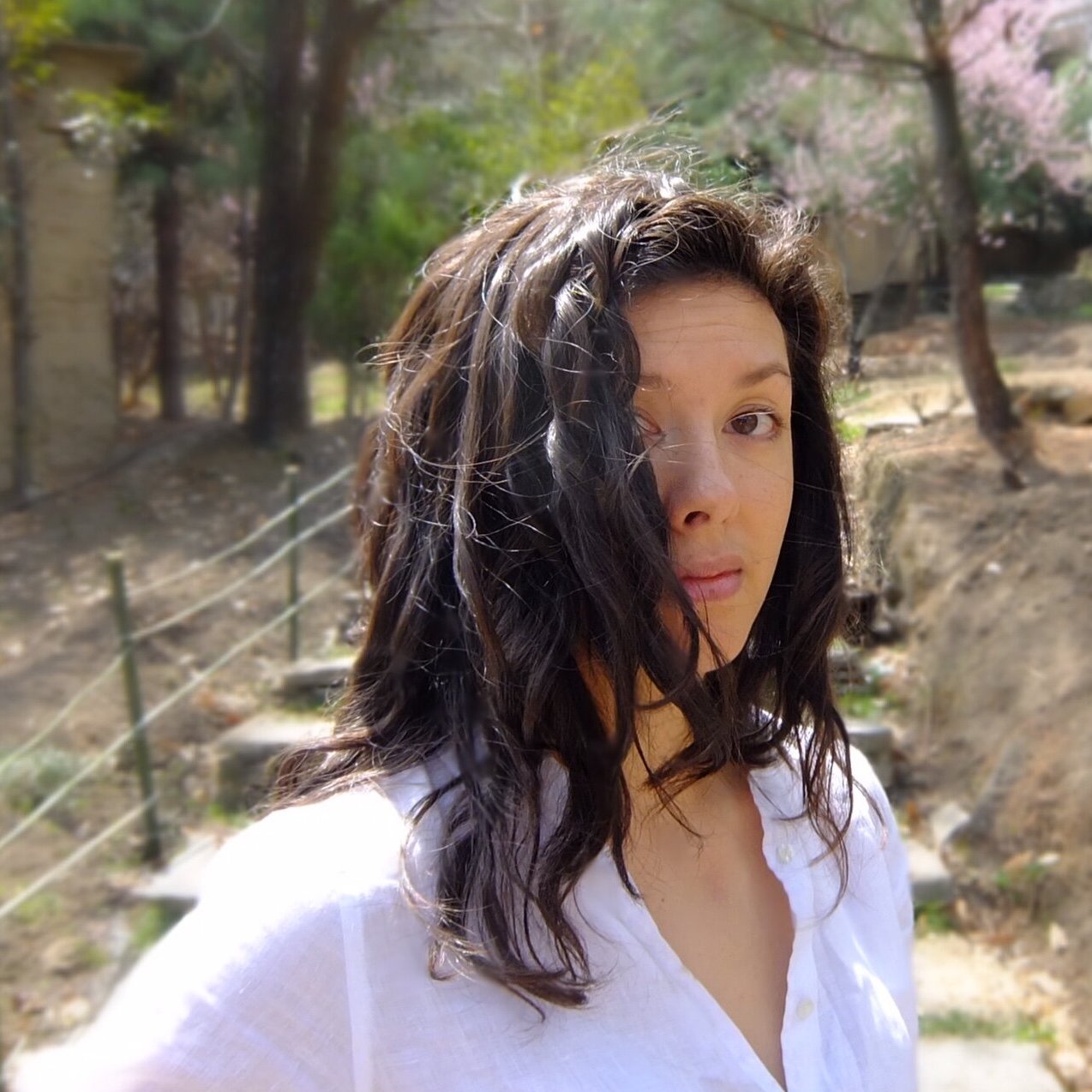(Standing Stone Creek, Pa.)
[A startling observation about the nature of human life]
or [A concrete description of trout]
[Backstory, alluding to an individuating experience]
or [Personal background, like “I have a weird relationship
to rural America”]
[Imagery only loosely related to backstory/background]
[Plants]
[Fruits]
or [Tropical fruits if part of you is tropical]
[Some intellectual discourse on the word “part”]
or [Agonized associative thinking about the nature
of something politically urgent, like colorism]
[A return to the opening vignette so folks stay on track,
like “is it possible that a suburban mixed kid actually
has nothing at all to claim, not the trout, not the breadfruit”]
[A direction, e.g. “towards”]
or [A time e.g. “now” or “after”]
[A prepositional or noun phrase if grammatically necessary]
[A turn, which should also be startling, as in oh
this is what the poem is really about]
or [Imagery that achieves roughly this purpose, like that of
the properties of brackish water,
or the length and nature of brackish days]
Published:
2017
Length:
Regular
Literary Movements:
Contemporary
Anthology Years:
2024
Themes:
Ars Poetica
Identity
Nature
Politics
Literary Devices:
Imagery
visually descriptive or figurative language, especially in a literary work
Media Res
a literary work that begins in the middle of the action (from the Latin “into the middle of things)
Repetition
a recurrence of the same word or phrase two or more times
Sarcasm
the use of irony to mock or convey contempt
Simile
a comparison between two unlike things using the words “like” or “as”

